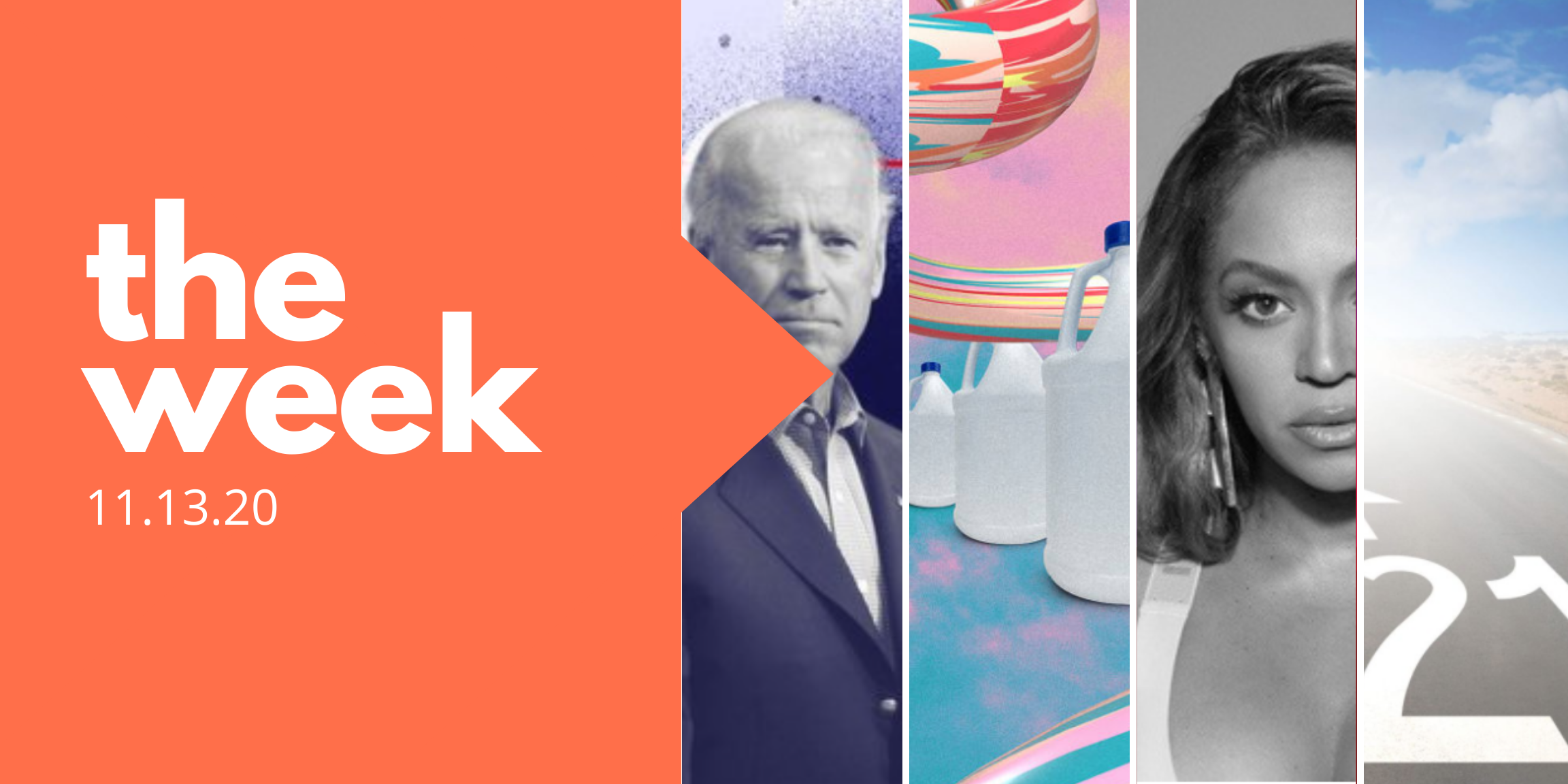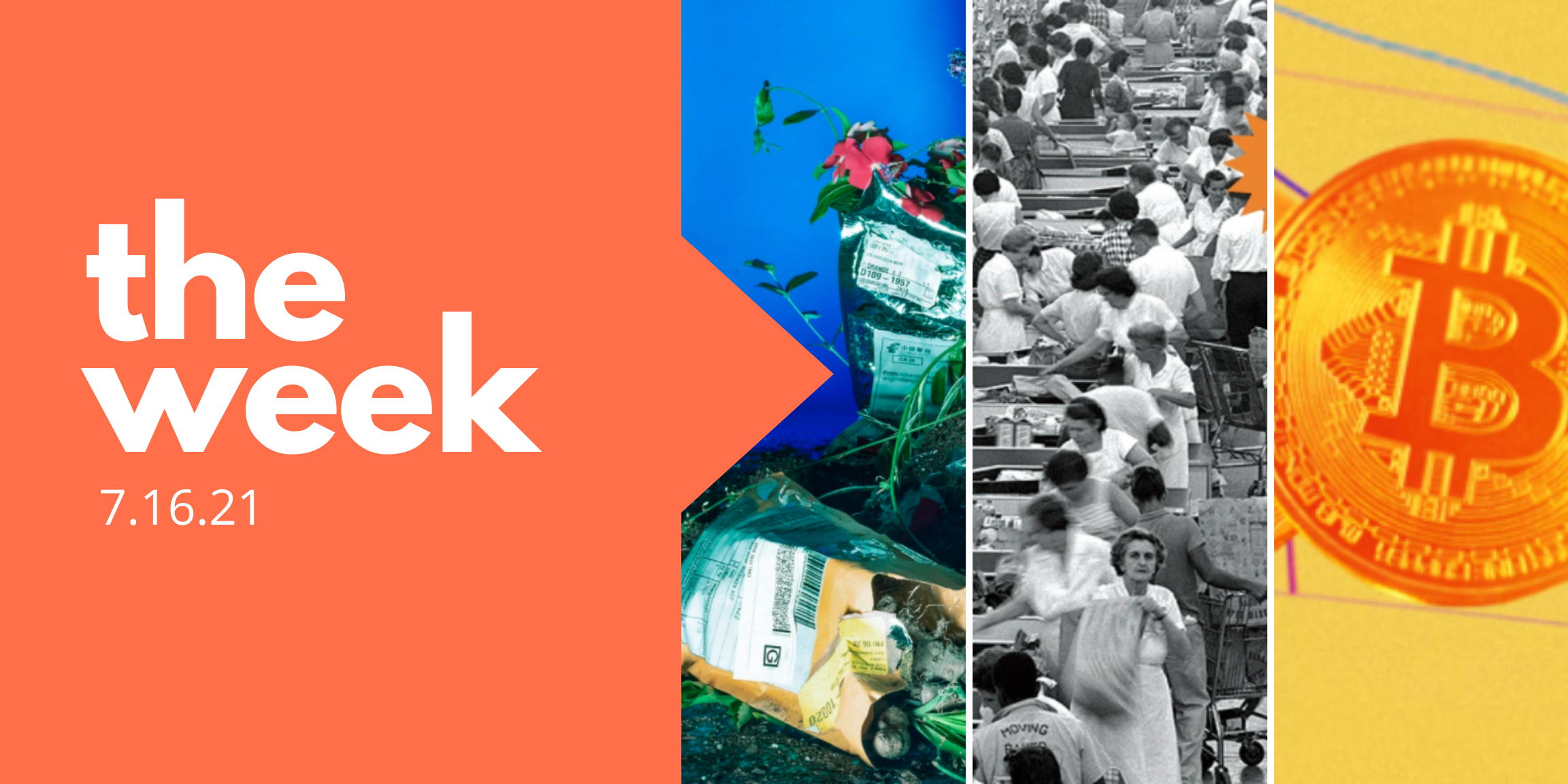For me, the allure of politics was always a mix of core beliefs, shared causes and stirring speeches. And as someone drawn to communications, I found the rhythm of the words and a speaker’s own unique cadences captivating. It is the currency of all politicians and some do it in a memorable way.
His ability to own the big stage got President Obama elected as a long shot. Relying on his skills as an actor, President Reagan stood in Berlin and, to the cheers of thousands, told Gorbachev to “tear down this wall.” It was brilliant rhetoric and historic. Regardless of your politics, it’s tough to ignore that the words of Bill Clinton and George W. Bush started the healing in the days following Oklahoma City and 9/11. History may be shaped by the work of many but it’s the words of leaders that inspire that work.
But are social media engines killing that theater of politics?
This week, Adweek takes a look at Twitter’s increased influence on political campaigns, communications and news. The shorthand: If you love the mud, fire up Twitter. A new political attack will be delivered to you every minute for the next six months.
Like companies protecting their brands in crisis, campaigns rely on Twitter to fuel – or extinguish – the flames of a political firestorm. The instant posts, viewed by voters, activists, donors and media, are fast replacing press briefings and official statements. In the Adweek story, GOP digital strategist Vincent Harris explains that Twitter is attractive because people “like the drama of campaigns.” And with a generation whose preferred communications vehicles are mobile, social media and anything that doesn’t take too much time, campaigns are speaking their language.
With increasingly toxic partisanship and guerrilla attacks from TweetDeck, speeches that move people from party politics toward a common cause are now rare. Delivered to his fellow delegates in a Richmond church in 1775, Patrick Henry’s words convinced Virginia to enter the Revolutionary War. Sure, he changed history but could he succeed in the politics of today?
“If life is so dear, or peace so sweet, as to be purchased at the price of chains and slavery? Forbid it, Almighty God! I know not what course others may take; but as for me, give me liberty or give me death!”
Come on, Mr. Henry. That’s 200 characters with spacing. Let’s go with, “@GeorgeWashington Give me #liberty!!!!! Or give me death!!!!!”
Will we have to choose between the soul of great political speeches and the convenience of social channels? That will depend on the audience and the circumstances. (The Arab Spring needed Twitter.) But as marketers know by now – social media is lifeless without compelling content. So, let the campaigns use Twitter to tweak opponents, start fires and respond to attacks. When it comes to motivating the voter – or the consumer – leaders will always tell stories that spark imagination and capture the heart.





